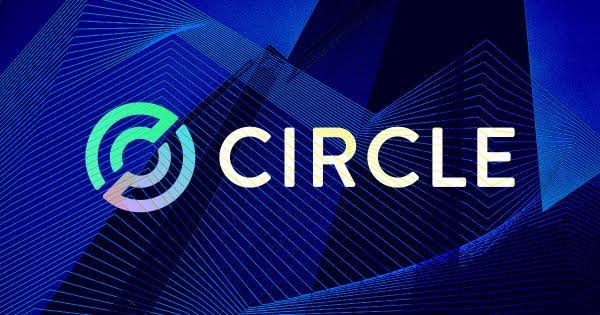In the Securities and Exchange Commission’s lawsuit against prominent cryptocurrency exchange Binance, stablecoin issuer Circle has intervened, stating that financial trading laws shouldn’t be extended to stablecoins whose value is correlated to other assets.
Regulators charged Binance with many legal infractions in June for enabling trading in cryptocurrencies like Solana’s SOL, Cardano’s ADA, and the Binance stablecoin BUSD, which the SEC claimed constituted unregistered securities.
The world’s largest cryptocurrency exchange, along with rivals like Coinbase, are attempting to argue that cryptocurrency isn’t covered by the current onerous U.S. banking rules, and as a result, this has grown into one of the most significant cases in the industry at the moment.
Now Circle claims that assets linked to the dollar, such as BUSD and its own USDC, cannot be considered securities, in part because its customers do not anticipate making money from single transactions.
According to Circle’s filing, “payment stablecoins do not, on their own, have the essential features of an investment contract,” which means they are not subject to SEC regulation. “Decades of case law support the view that an asset sale, decoupled from any post-sale promises or obligations by the seller, is not sufficient to establish an investment contract.”
The SEC said that because Binance marketed BUSD as offering yield through reward programmes, it was being sold as an investment contract. Binance, its U.S. branch, and its owner Changpeng “CZ” Zhao filed a motion to dismiss the SEC case last week, claiming the agency is attempting to regulate digital assets without congressional approval.


